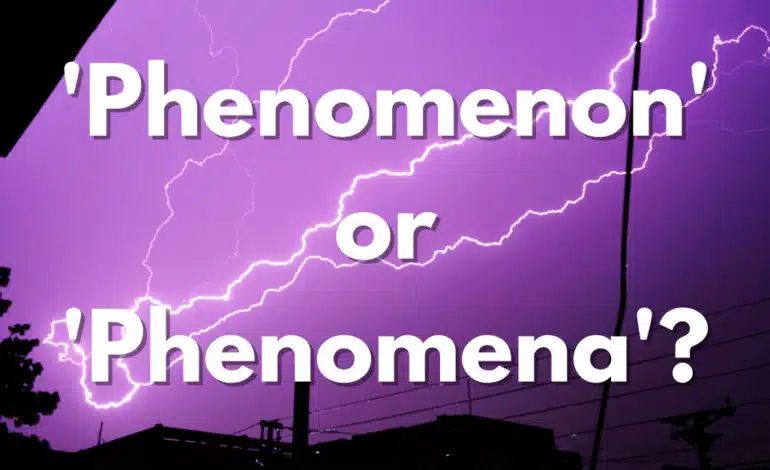
Understanding the Plural of ‘Crisis’: A Comprehensive Guide
There are many small details about English that make it hard for both learners and native speakers. A challenge means that some words, especially those taken from other tongues, need to be pluralized differently. Crisis is a word often used as an example. Despite appearing simple as a singular noun, its plural form is the one that often creates confusion for many. This article provides information on both singles and plurals, plus any grammar you might need.
Etymology of ‘Crisis’
Crisis derives its name from the Greek word krisis which means decision or turning point. Critical moment has been mainly associated with medical contexts, where it meant an important period in a disease’s development. Later on, people came to use it for any major event or situation that needs decisive action. Understanding where it came from is necessary because it instructs how to use it in English.
Pluralization Rules in English
Usually, making a word plural in English means attaching an “-s” or “-es” to the singular version. For instance:
- The singular form of the noun is Book and the plural form is Books.
- Single box → Multiple boxes
Yet, even among English words, you’ll notice that many plurals do not follow the typical pattern and are different from expected. Such irregularities are usually due to how the original language’s grammar works.
The Plural of ‘Crisis’
Since “crisis” comes from Greek, it is pluralized in the same manner as Greek words. In Greek, most nouns that end in “-is” add “-es” to create their plural. Thus:
- Crisis results in Crises.
Please avoid using “crisises” since it is incorrect.
Pronunciation Guide
You say “crisis” with the sentence stress on /ˈkraɪ.sɪs/, but in plural form, you pronounce it as /ˈkraɪ.siːz/. When the spelling changed, people updated how they spoke the words to keep with standard English spelling rules.
Usage in Sentences
Try the following examples to increase your confidence with this topic:
- Last year, the company went through a financial crisis.
- Multiple crises in politics have been experienced by the region over the past decade.
The examples show how you can use both forms the right way.
Common Mistakes and How to Avoid Them
Because issues related to “crisis” are not predictable, it is easy to abuse the term. Sometimes the four errors are:
- The word should be spelled “crises” not “crisis.”
- Saying /ˈkraɪ.sɪs/ instead of the proper /ˈkraɪ.siːz/
If you want to avoid these problems, be sure to practice the correct ways of writing and speaking them.
Other Greek-Origin Words with Similar Pluralization
Learning to handle pluralization of this word can help you with other words in Greek.
- A thesis becomes the plural and correct term for multiple ideas.
- The analysis is done in the plural form, as the process looks at many different aspects.
- Basis is written as Bases in chemical formulas.
- Diagnosis refers to one, whereas diagnoses stands for multiple.
Finding these patterns can make your vocabulary and grammar more accurate.






